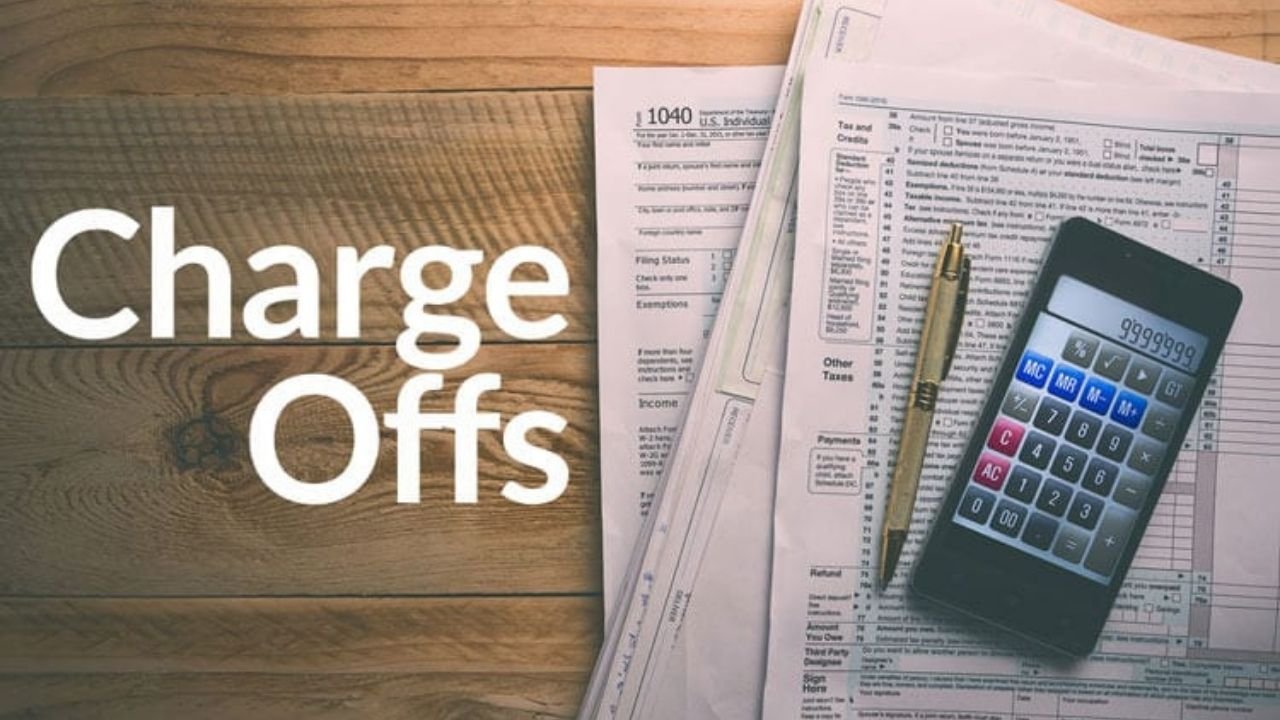Credit card debt can grow to be overwhelming for lots Americans, particularly while surprising economic challenges—like activity loss or scientific emergencies—make it difficult to keep up with payments. One of the maximum critical effects of prolonged nonpayment is a credit card charge-off. Many people misunderstand what a charge-off means, the way it affects their credit, and how long it remains on their document.
Here’s what you need to recognize approximately credit card charge-offs and the 7-year rule that governs how long they impact your financial record.
What Is a Credit Card Charge-Off?
A charge-off takes place while your credit card issuer broadcasts your debt uncollectible after numerous months of neglected payments normally after 180 days (or about 6 months) of nonpayment.
When this occurs, the lender “charges off” your account as a loss for accounting functions, however that doesn’t mean you’re off the hook. You still owe the debt, and the creditor can continue collection efforts or promote the debt to a collection agency.
In short:
- The creditor removes the debt from its active books.
- The debt is reported as a charge-off on your credit report.
- The balance remains legally collectible unless discharged through settlement or bankruptcy.
The 7-Year Rule Explained
The 7-year rule refers to how lengthy a terrible mark—like a charge-off—remains for your credit record. According to the Fair Credit Reporting Act (FCRA), a charge-off can stay for your credit file for seven years from the date of the primary neglected payment that caused the charge-off.
For example:
If your final payment changed into in January 2018 and the account changed into charged off in July 2018, it will usually fall off your credit record in January 2025—7 years after the original delinquency.
Even though the charge-off remains visible to lenders for the duration of this era, it have to automatically be eliminated as soon as the 7-year period ends.
Can You Still Be Contacted for Payment?
Yes. While a charge-off affects your credit report, it does not eliminate your legal obligation to repay the debt.
Your creditor—or a collection agency that purchased the debt—can still try and collect. However, the statute of obstacles on debt collection varies through country, normally starting from 3 to 6 years. After that length expires, the creditor cannot sue you for payment, although they can still request compensation voluntarily.
Be cautious:
If you make even a small payment on an antique debt, it may restart the statute of limitations, giving creditors more time to pursue legal action.
How Does a Charge-Off Affect Your Credit Score?
A charge-off is one of the most damaging entries on a credit file. It can:
- Drop your credit by 100–150 points or more.
- Make it difficult to get approved for loans, mortgages, or credit cards.
- Lead to higher interest rates or stricter terms from lenders.
The negative impact lessens over the years, mainly in case you keep superb credit score conduct in a while—like making timely payments and decreasing standard debt.
Can You Remove a Charge-Off from Your Credit Report?
While you can’t legally cast off a valid charge-off before the 7-year period expires, there are methods to reduce its impact:
- Pay or Settle the Debt
- Contact your creditor or collection agency to negotiate a settlement or payment plan.
- Request that the account be marked “paid in full” or “settled” on your credit report.
- While the charge-off remains, a “paid” status looks better to future lenders.
- Request a Goodwill Adjustment
- If you’ve repaid the debt, you can write a goodwill letter asking the creditor to remove the charge-off as a courtesy.
- This approach works best if you have a history of otherwise responsible credit behavior.
- Dispute Errors
- If the charge-off contains incorrect information (such as dates or amounts), you can dispute it with the credit bureaus.
- The bureau must verify or remove inaccurate data within 30 days.
- Wait It Out
- Once the 7-year period ends, the charge-off will automatically drop from your credit report.
- Your credit score should improve gradually after its removal.
Preventing Future Charge-Offs
Avoiding a charge-off starts with managing credit responsibly. Here are practical steps to protect your financial health:
- Always make at least the minimum payment by the due date.
- Contact your creditor if you’re struggling—they may offer hardship programs or reduced payment plans.
- Consider credit counseling or debt management programs for long-term solutions.
- Avoid opening new credit accounts if you already have high balances.
Taking action early can prevent your account from slipping into delinquency and help protect your credit score.
Conclusion
A credit card charge-off is a severe financial event that may harm your credit for up to seven years under the FCRA’s 7-year rule. While it marks the account as uncollectible for the lender, it doesn’t erase your duty to pay. The desirable news is that with accountable motion including settling the debt, disputing inaccuracies, or certainly waiting out the reporting period you may recover from the effect over time.
Understanding how charge-offs paintings and how the 7-year rule applies helps you are taking manage of your economic destiny, rebuild your credit, and avoid repeating costly mistakes. By staying proactive and knowledgeable, you could flip a terrible mark today into a stronger economic foundation the next day.

